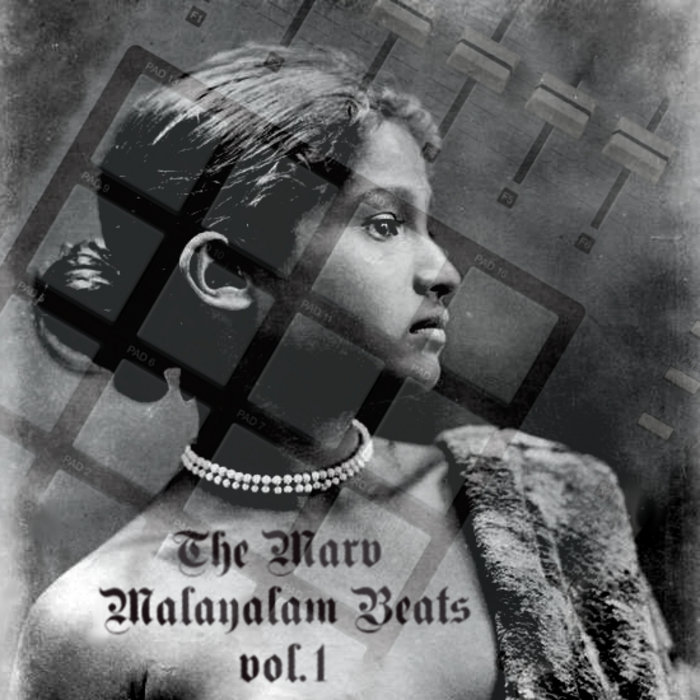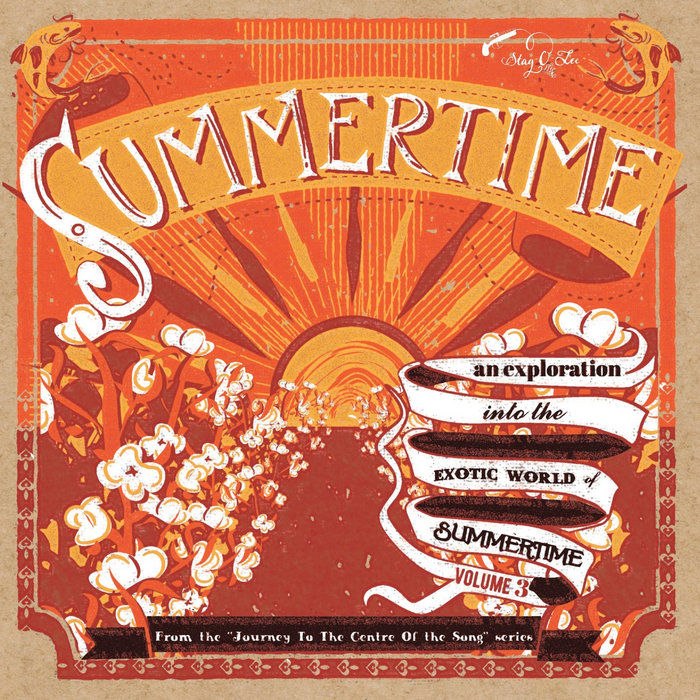
Dancing in the Evergreen Fields – The Marv
this blog is GROOVY – check out great Soul, Funk, Jazz, Hip Hop, Bass, Breaks , Reggae, House n many more TUNES
Hey there, music lovers! Today, we’re diving into the rhythm and melody of instrumental music. You know, that delightful soundscape where every note dances without a single word in sight. So grab your headphones and let’s jam through time!
At its core, instrumental music is just that—music played with instruments rather than voices. From orchestras playing symphonies to a lone guitar strumming away in a cozy café, it encompasses everything from classical masterpieces to modern chill beats.
Way back before ancient Greeks were philosophizing about life or Romans were building aqueducts, humans were making sounds with whatever they could find—rocks, sticks, animal bones. Fast forward a few centuries: instruments started popping up all over the world.
These early vibes set the stage for countless future jam sessions.
Zoom ahead to the late 18th century—the age of composers like Bach and Mozart who loved their symphonies full of lovely instrumental parts. They paved routes not just for orchestras but also solo musicians who’d later steal our hearts (and ears).
Funny fact: Ever heard about Mozart’s “Musical Joke”? He actually snuck some wonky notes into his compositions on purpose! Imagine showing off your skills at an open mic night only to accidentally play something hilariously off-key—that’s what he was going for!
By this time, jazz was blowing its horn and giving us tons of cool grooves. With legends like Louis Armstrong trumpeting his way into our lives, whole bands started creating instrumentals that made you wanna tap your feet faster than your brain could think!
A quirky little nugget: Did you know that jazz musicians often engaged in “cutting contests”? It was like battle rap but with trumpets! Whoever played better got bragging rights—a real musical showdown!
Fast-forward again—it’s sunny California surf culture! Bands like The Ventures brought us catchy instrumental hooks combined with beachy vibes. Songs like “Walk Don’t Run” became classics alongside some pretty tubular fashion statements.
Let’s take a moment here to recognize Dick Dale—the King of Surf Guitar! Not only did he pioneer this genre’s heavy sound waves by using reverb effects but he also once broke his guitar strings mid-performance…and kept playing because “the show must go on!” Now that’s dedication!
Moving into more mind-bending territory—we cannot forget about ambient music pioneered by artists such as Brian Eno whose tunes floated around effortlessly as if inviting listeners into another realm entirely.
Eno famously said something along these lines: “If you can’t make good noise… then turn up the silence!” How genius is that?
While rock ‘n’ roll continued booming throughout various decades—with bands popping off hits sans lyrics like Pink Floyd’s “Interstellar Overdrive”—it opened doors for other genres too:
And let’s not skip over hip-hop—where producers create entire tracks based solely on samples or original beats which can be purely instrumental magic sometimes crafted under limitless creativity.
Today? Oh man—you can hear breathtaking instrumentals everywhere:
Plus many indie artists are getting noticed thanks mainly due to groovy instrumentals resonating within their storytelling yet keeping it fun without vocables involved at all times either—it creates space for imagination while maintaining intensity unbound by words alone!
Let’s wrap things up by sprinkling some humor over these serious topics:
The One-Man Band: Some dudes have taken being solo way too seriously; ever heard about one guy who managed 20+ instruments—all at once? Yes indeed; talk about multitasking gone wild!
Accidental Hits: The band Chicago didn’t mean their song “25 Or 6 To 4” would become so iconic—they originally wrote it when trying desperately NOT TO WAKE UP THEIR NEIGHBORS during late-night jamming!!
Instrument Mishaps: Legend has it that Jimi Hendrix once set his guitar ablaze…and nothing screams ‘rock star’ louder than using firework sparklers attached directly onto drums during performances!! Just imagine those visuals…
Different Definitions: And we’ll leave you chuckling knowing some folks still argue whether elevator music counts as real “instrumental” —yet each detour adds flavor befitting any elevator ride anyway right?!
Instrumental music takes shapes through history while continuously evolving across genres—and it’s filled with bites of humor reminding us how quirky life can truly be within notes strummed or banged blissfully together timelessly regardless wherever we wander next along this groove-lined tapestry called sound exploration! Party on responsibly my friends 🎶✨

Dancing in the Evergreen Fields – The Marv

Summertime – Troy Walker